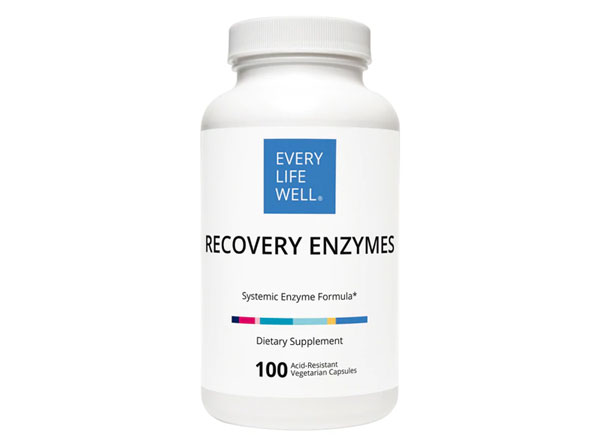Inflammation is a normal immune process that occurs in response to an infection or injury.
Chronic inflammation occurs when acute inflammation doesn’t shut off. Often, there are factors that keep driving inflammation, including prolonged exposure to the cause of inflammation or an inappropriate reaction of the immune system against the body’s own tissue. The result is lower levels of inflammation that may go undetected but lead to consequences on cells, tissues and organs.
There are many sources and drivers of chronic inflammation, especially in today’s world. Here are some of the most common factors that keep the inflammation switch flipped on:
Read about the benefits of implementing a low inflammatory diet here and here.
The following labs are indicators of inflammation in the body. Inflammation may be caused by a bacterial or viral infection, food or environmental allergies, toxins, injury, disease or an autoimmune condition.

IV Therapy for Vaccine Recovery Many people are interested in supporting their body’s detoxification systems after receiving a vaccine. The...
Continue Reading
Diet And Lifestyle Tools for Vaccine Detoxification We live in a sea of toxins. Toxins make their way into our...
Continue Reading

The role of serratiopeptidase in the resolution of inflammation.